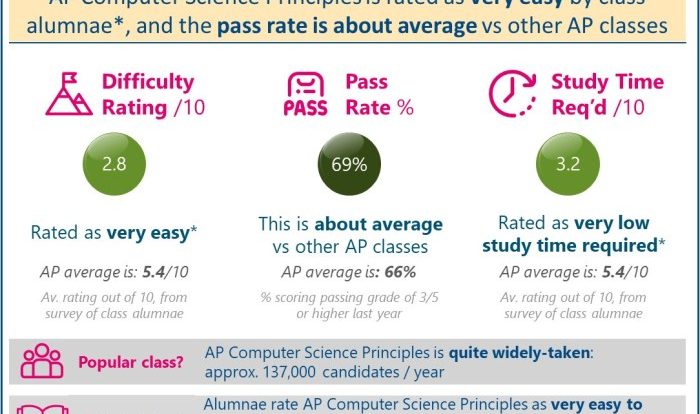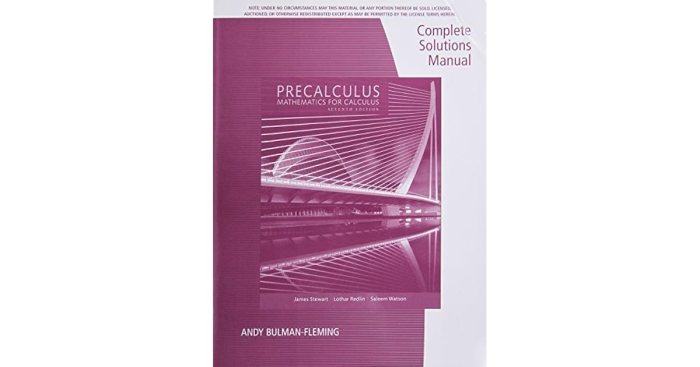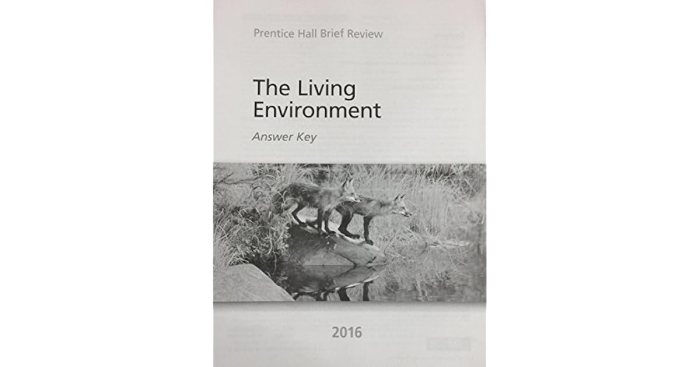Embarking on an educational journey with Wordly Wise Book 8 Lesson 2, we delve into the depths of vocabulary, skills, activities, and assessment strategies. This lesson promises to ignite your intellect and equip you with the tools to conquer any reading and writing challenge.
Throughout this exploration, we will uncover the meanings and origins of new vocabulary words, master essential skills for effective reading and writing, engage in interactive activities that reinforce concepts, and devise assessment methods to gauge your progress.
Wordly Wise Book 8 Lesson 2 Vocabulary
In Lesson 2 of Wordly Wise Book 8, students will encounter a variety of vocabulary words related to the topic of “The Human Condition.” These words are essential for understanding the complexities of human nature and the challenges we face throughout our lives.
The vocabulary words in this lesson include:
- Adversity: misfortune or hardship
- Ambition: a strong desire to achieve something
- Aspire: to have a strong desire to achieve something
- Benevolence: the quality of being kind and helpful
- Dilemma: a difficult choice between two or more options
- Empathy: the ability to understand and share the feelings of another person
- Envy: a feeling of resentment or dissatisfaction with what someone else has
- Fortitude: strength of mind or character
- Gratitude: a feeling of thankfulness for something
- Integrity: honesty and trustworthiness
- Perseverance: the ability to continue trying despite difficulties
- Resilience: the ability to bounce back from setbacks
- Resolve: determination to do something
- Sacrifice: giving up something for the sake of something else
- Tenacity: the quality of being determined and persistent
These words are all essential for understanding the human condition and the challenges we face throughout our lives. By learning these words, students will be better equipped to understand themselves and others, and to make choices that will lead to a more fulfilling life.
Etymology of the Vocabulary Words
Many of the vocabulary words in this lesson have interesting etymologies. For example, the word “adversity” comes from the Latin word “adversarius,” which means “opponent.” This is because adversity is often seen as an obstacle or challenge that must be overcome.
The word “ambition” comes from the Latin word “ambire,” which means “to go around.” This is because ambition is often associated with the desire to achieve something great, which requires a lot of effort and determination.
The word “aspire” comes from the Latin word “aspirare,” which means “to breathe.” This is because aspiration is often associated with the desire to achieve something great, which requires a lot of effort and determination. The word “benevolence” comes from the Latin word “benevolus,” which means “well-wishing.”
This is because benevolence is often associated with the desire to help others, which is a kind and compassionate act.
The word “dilemma” comes from the Greek word “dilemma,” which means “two premises.” This is because a dilemma is often a difficult choice between two or more options. The word “empathy” comes from the Greek word “empatheia,” which means “feeling into.”
This is because empathy is often associated with the ability to understand and share the feelings of another person.
The word “envy” comes from the Latin word “invidia,” which means “ill will.” This is because envy is often associated with the feeling of resentment or dissatisfaction with what someone else has. The word “fortitude” comes from the Latin word “fortitudo,” which means “strength.”
This is because fortitude is often associated with the strength of mind or character.
The word “gratitude” comes from the Latin word “gratia,” which means “grace.” This is because gratitude is often associated with the feeling of thankfulness for something, which is a gracious act. The word “integrity” comes from the Latin word “integritas,” which means “wholeness.”
This is because integrity is often associated with the quality of being honest and trustworthy, which is a whole and complete act.
The word “perseverance” comes from the Latin word “perseverare,” which means “to persist.” This is because perseverance is often associated with the ability to continue trying despite difficulties, which is a persistent act. The word “resilience” comes from the Latin word “resilire,” which means “to bounce back.”
This is because resilience is often associated with the ability to bounce back from setbacks, which is a resilient act.
The word “resolve” comes from the Latin word “resolvere,” which means “to loosen.” This is because resolve is often associated with the determination to do something, which is a loosening of the will to do something. The word “sacrifice” comes from the Latin word “sacrificare,” which means “to make sacred.”
This is because sacrifice is often associated with the giving up of something for the sake of something else, which is a sacred act.
The word “tenacity” comes from the Latin word “tenax,” which means “holding fast.” This is because tenacity is often associated with the quality of being determined and persistent, which is a holding fast to something.
Wordly Wise Book 8 Lesson 2 Skills
This lesson focuses on developing essential reading and writing skills. It introduces various types of skills that can enhance your ability to comprehend texts and express your ideas effectively.
Types of Skills
This lesson teaches three primary types of skills:
-
-*Identifying Key Words
Understanding the significance of specific words within a text to grasp the main ideas and supporting details.
-*Contextualizing Vocabulary
Using context clues to determine the meaning of unfamiliar words and phrases, expanding your vocabulary and comprehension.
-*Using Reference Materials
Effectively utilizing dictionaries, thesauruses, and other resources to enhance your vocabulary and writing skills.
Applying Skills to Reading and Writing, Wordly wise book 8 lesson 2
These skills are crucial for both reading and writing. Identifying key words helps you focus on the main points of a text, while contextualizing vocabulary allows you to grasp the meaning of complex or unfamiliar terms. Using reference materials can further expand your vocabulary and improve your writing accuracy and clarity.
Tips for Improving Skills
-
-*Practice Regularly
Engage in regular reading and writing exercises to enhance your vocabulary and understanding of context.
-*Use Context Clues
Pay attention to the surrounding words and sentences to deduce the meaning of unfamiliar terms.
-*Utilize Reference Materials
Make use of dictionaries, thesauruses, and other resources to clarify meanings and improve your writing.
-*Seek Feedback
Share your writing with others to gain constructive criticism and identify areas for improvement.
Wordly Wise Book 8 Lesson 2 Activities
Reinforce the vocabulary and concepts taught in Lesson 2 of Wordly Wise Book 8 with these engaging activities.
These activities are categorized into games, worksheets, and projects, providing a variety of options for different learning styles.
Wordly Wise Book 8 Lesson 2 provides insightful vocabulary exercises to expand your lexical knowledge. For a fun and interactive way to reinforce your learning, try out the Take a First Step Crossword . This engaging puzzle challenges you to solve crossword clues related to the vocabulary terms covered in Lesson 2. By completing the crossword, you’ll not only improve your vocabulary but also enjoy a stimulating mental workout.
Return to Wordly Wise Book 8 Lesson 2 to continue your vocabulary journey.
Games
- Vocabulary Charades:Write each vocabulary word on a slip of paper. Students take turns picking a slip and acting out the word while their team guesses.
- Word Bingo:Create bingo cards with the vocabulary words. Students listen to definitions or examples and mark off the corresponding words on their cards.
- Vocabulary Pictionary:Divide students into teams. One student from each team takes turns drawing a vocabulary word on a whiteboard while their team guesses.
Worksheets
- Word Search:Create a word search puzzle using the vocabulary words. Students can search for the words and circle them.
- Crossword Puzzle:Design a crossword puzzle with clues related to the vocabulary words. Students can solve the puzzle to reinforce their understanding.
- Fill-in-the-Blank Sentences:Provide students with sentences containing blanks. They must fill in the blanks with the correct vocabulary words.
Projects
- Vocabulary Posters:Students can create posters that illustrate the meaning of the vocabulary words. They can include definitions, examples, or images.
- Vocabulary Comic Strip:Have students create a comic strip that incorporates the vocabulary words into the story.
- Vocabulary Presentation:Students can prepare presentations that explain the meaning and usage of the vocabulary words. They can use visual aids or multimedia to enhance their presentations.
Wordly Wise Book 8 Lesson 2 Assessment
Evaluating students’ understanding of this lesson is crucial to gauge their progress and identify areas for improvement. A comprehensive assessment strategy involves utilizing a variety of assessment tools to assess different aspects of their learning.
Quizzes
Regular quizzes can effectively assess students’ grasp of the lesson’s vocabulary and skills. Quizzes can include multiple-choice questions, fill-in-the-blanks, and short answer questions that test students’ understanding of word meanings, usage, and application.
Tests
Formal tests can provide a more comprehensive evaluation of students’ knowledge. Tests can include a combination of multiple-choice questions, short answer questions, and essay questions. Essay questions can assess students’ ability to analyze and synthesize the vocabulary and skills learned in the lesson.
Portfolios
Portfolios can showcase students’ work over time, demonstrating their progress and growth. Portfolios can include samples of students’ quizzes, tests, and creative writing assignments that incorporate the lesson’s vocabulary and skills.
Criteria for Evaluating Student Work
- Accuracy:Assess the correctness of students’ responses in quizzes and tests.
- Comprehension:Evaluate students’ understanding of word meanings, usage, and application.
- Analysis:Assess students’ ability to analyze and synthesize the vocabulary and skills learned in the lesson.
- Creativity:Evaluate students’ ability to use the lesson’s vocabulary and skills in creative writing assignments.
Wordly Wise Book 8 Lesson 2 Extensions
The concepts taught in Wordly Wise Book 8 Lesson 2 can be extended to other areas of study and connected to real-world experiences. This lesson focuses on the root word “dict” and its derivatives, which relate to words, speech, and communication.
By exploring these concepts further, students can develop a deeper understanding of language and its role in various contexts.
One way to extend this lesson is to connect it to the study of etymology, the origin and history of words. By examining the root word “dict” and its derivatives, students can learn about the evolution of language and how words have changed over time.
This can help them understand the nuances and complexities of language and appreciate the richness of its vocabulary.
Connecting to Other Areas of Study
- History:Discuss the role of language in shaping historical events and how words can influence societal norms and beliefs.
- Social Studies:Explore the use of language in different cultures and how it reflects their values and perspectives.
- Literature:Analyze the use of language in literary works to convey themes, emotions, and character development.
- Science:Examine the use of scientific terminology and how it facilitates communication and understanding in the scientific community.
Connecting to Real-World Experiences
- Public Speaking:Discuss the importance of effective communication and how word choice can impact audience engagement and persuasion.
- Media Literacy:Analyze how language is used in various forms of media, such as news articles, advertisements, and social media posts, and how it can shape public opinion.
- Intercultural Communication:Explore the challenges and opportunities of communicating across cultural boundaries and how language plays a crucial role in fostering understanding and respect.
Resources for Further Exploration
- Online Etymology Dictionary:https://www.etymonline.com/
- Merriam-Webster’s Dictionary:https://www.merriam-webster.com/
- The Oxford English Dictionary:https://www.oed.com/
FAQ Resource
What is the main focus of Wordly Wise Book 8 Lesson 2?
This lesson focuses on expanding vocabulary, developing reading and writing skills, and providing engaging activities and assessment strategies.
How can I improve my vocabulary using this lesson?
The lesson provides clear explanations of vocabulary words, their usage in context, and their etymologies, helping you build a strong vocabulary foundation.
What types of activities can I expect in this lesson?
The lesson includes a variety of activities, such as games, worksheets, and projects, designed to reinforce the concepts taught and make learning enjoyable.


